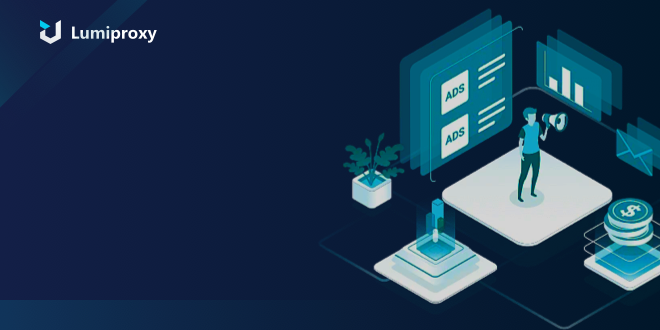First,why does access timeout occur
Crawlers may encounter access timeout when using proxies, which is mainly related to the following aspects:

1. Proxy server performance:
As the middle layer, the proxy server takes on the task of forwarding requests and responses. If the proxy server is underperforming or overloaded, the response time of requests may be prolonged or even time out. This may be because the proxy server is handling a large number of requests at the same time, or the network bandwidth is insufficient.
2. The connection to the proxy server is faulty.
The proxy server may have connection problems, such as network instability, packet loss, and latency. This causes problems with the connection to the proxy server, the request cannot complete properly, and eventually the access times out.
4.IP blocking or restriction:
Some websites block or restrict the IP address of the proxy server, which may be to prevent crawling or abuse. If the IP address of the proxy server used is blocked or restricted, a time-out occurs when accessing these websites.
5. Request frequency limit:
Some websites restrict the frequency of requests from the same IP address or proxy server to prevent excessive access and abuse. If the crawler sends frequent requests that exceed the limits set by the site, the site may restrict that IP address or proxy server, causing access to time out.
Second, how to solve?
To solve the access timeout problem, crawler developers can take the following measures:
1. Use a high-performance proxy server:
Select a proxy server with good performance, stability and reliability to ensure that it can provide fast response and stable connections.
2. Add connection timeout Settings:
Set an appropriate connection timeout time in the crawler to avoid time-outs caused by a long wait for a response.
3. Reasonable control of request frequency:
Comply with the website access rules, reasonable control the frequency of requests, to avoid frequent requests to the same website and trigger frequency restrictions.
4. Periodically check the availability of proxy IP addresses:
Periodically check the availability of proxy IP addresses used, and replace unstable or blocked proxy IP addresses in time to ensure normal data fetching.
In conclusion, the access timeout problem is one of the common challenges in the use of crawler proxies, which needs to be analyzed and solved according to the specific situation. The stability and efficiency of the crawler can be improved by choosing the appropriate proxy server, controlling the request frequency reasonably and increasing the connection timeout setting, so as to complete the data acquisition task better.

Third,how to choose a proxy suitable for crawlers?
1.IP type: When selecting an proxy, you can consider using a dynamic residential IP proxy. These proxies use real residential IP addresses, closer to how real users use them, reducing the risk of being blocked or restricted. In contrast, the IP of the machine room is often easily recognized by the website as a crawler and takes restrictive measures.
2.IP quality: It is important to select a high-quality proxy IP address. The proxy provider should provide IP addresses with good availability and stability to avoid frequent connection problems and timeouts. IP quality can also be assessed by testing the proxy's response time, availability, and historical performance.
3. Geographic location: Select a proxy IP address that matches the geographic location of the target website. If you are crawling a website for a specific region or need to obtain data for a specific region, choosing a proxy IP corresponding to that region can improve access speed and accuracy.
4. Privacy and security: Ensure that the proxy provider attaches importance to the privacy and security of users and takes appropriate privacy protection measures. This includes using encryption to protect data transmission and storage, as well as ensuring that proxy IP is not misused or used for illegal activities.
5. Price and package: Choose the right price and package according to your needs and budget. Proxy providers often offer different package options.
6. Technical support: Choose an proxy provider that provides good technical support and can solve the problems and difficulties encountered in a timely manner. This ensures that the necessary support and assistance is available during the crawling process.
When choosing a proxy suitable for crawling, some additional factors can also be considered, such as the scalability of the proxy server, user reviews and word-of-mouth, and user interface friendliness. By considering these factors comprehensively, selecting the proxy suitable for crawling can improve the efficiency and success rate of crawling, and ensure the accuracy and stability of data.
























 Русский
Русский